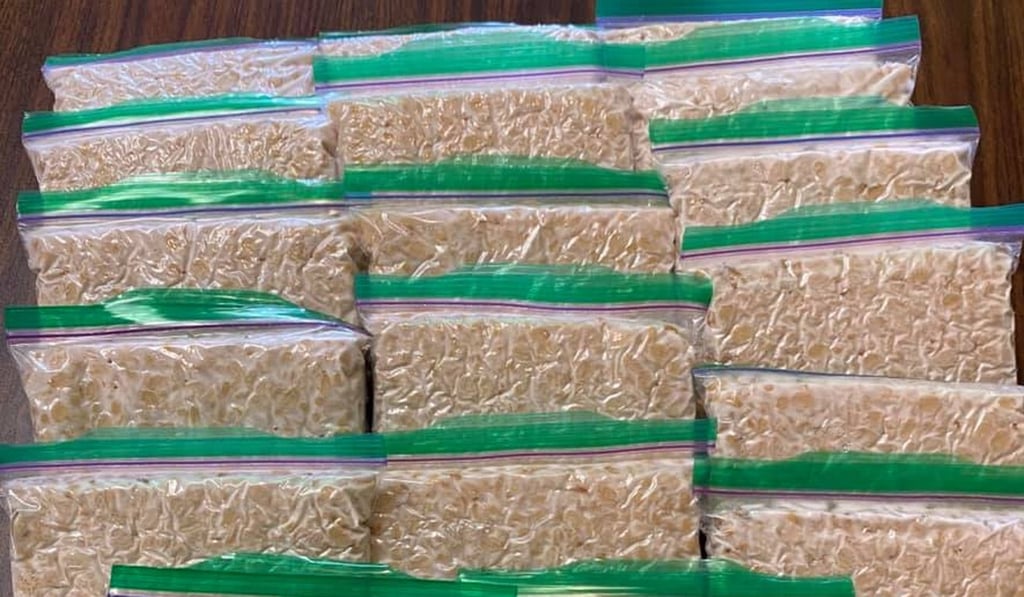Not just China, Indonesia loves US soybeans too as tempeh popularity booms
- As demand for America’s top agricultural export rebounds in China amid the trade conflict, Indonesia has also increasingly become an important market
- US soybeans are especially favoured by producers of tempeh, an Indonesian soybean cake that’s seeing a rise in global demand as a meat alternative

At a farm in Greensburg, a town of 15,000 in the US state of Indiana, Indonesian-born Mayasari Effendi has been producing some 150 packets of tempeh – the Indonesian traditional fermented soybean cake – every week for the past five years.

Indonesia requires 2.5 million tonnes of soybeans annually for its population of 270 million. But it produces only about 12.8 per cent of what it needs and, on average, has been importing US$1.1 billion worth of American soybeans annually for the past five years. About 94 per cent of Indonesian soybean imports last year was from the US, according to the government’s statistics agency.
“The technology used for large-scale farming of soybeans in the US is more advanced because they have been exploring ways to cultivate and market soybeans on a larger scale for more than 100 years,” Mayasari said.